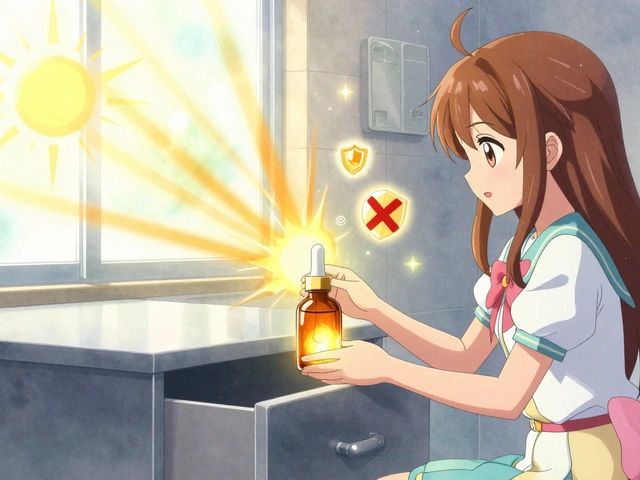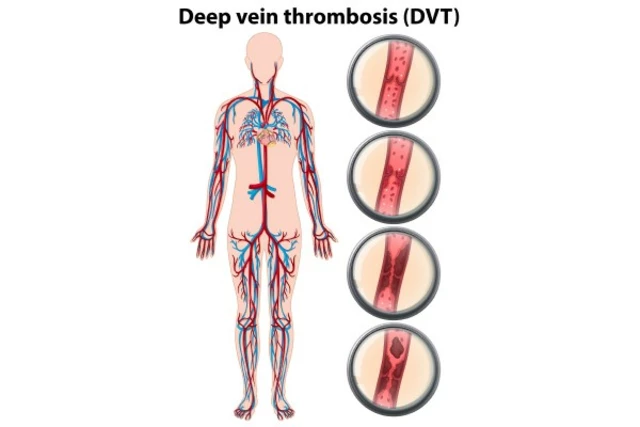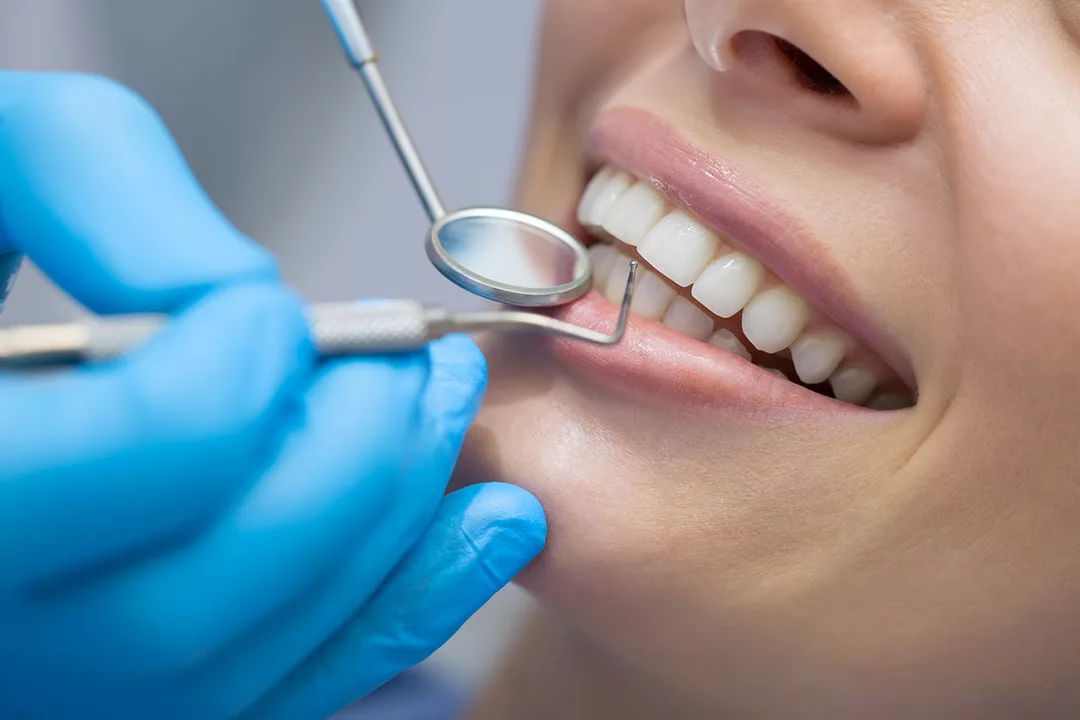Preventive Dentistry: Simple, Practical Ways to Protect Your Teeth
Want fewer fillings, less tooth pain, and a healthier smile? Preventive dentistry is where you start. It’s not about one big effort — it’s small daily habits that add up. Here are clear, usable steps you can take right now to keep your teeth and gums strong.
Everyday habits that really work
Brush twice a day with a soft brush and fluoride toothpaste. Hold the brush at a 45-degree angle and use short, gentle strokes. Don’t rush — two minutes is the goal. Floss once a day to remove the film and bits your brush misses. If flossing feels awkward, try a floss pick or water flosser.
Cut down on sugary drinks and snacks. Sugar feeds the bacteria that cause cavities. Swap soda and juice for water, and pick whole fruit over candy. Chewing sugar-free gum with xylitol after meals can lower cavity risk by boosting saliva and clearing sugars.
Visit your dentist regularly. Most people do well with a checkup and cleaning every six months, but your dentist may suggest a different schedule based on your needs. Cleanings remove tartar that brushing can’t, and early problems are much easier to fix.
Smart prevention beyond brushing
Ask about sealants and fluoride treatments. Sealants are thin coatings applied to molars to block grooves where food gets stuck — they’re especially helpful for kids and teens. Professional fluoride varnish or gels strengthen enamel and reduce decay for people at higher risk.
Use a mouthguard for sports and a nightguard if you grind your teeth. A simple mouthguard prevents fractures, and a custom nightguard from your dentist can stop wear from clenching or grinding.
Know how medicines affect your mouth. Many common drugs cause dry mouth (antidepressants, some blood pressure meds, antihistamines). Less saliva raises the chance of cavities and gum problems. Sip water, chew xylitol gum, or ask your pharmacist about saliva substitutes. Always tell your dentist about prescriptions — some meds like blood thinners or bisphosphonates can change how dental care is planned.
Watch your overall health. Gum inflammation is linked to higher risks for diabetes and heart disease. That doesn’t mean gum disease causes those problems directly, but keeping gums healthy helps your whole body. If you smoke, quitting improves mouth health fast — less gum disease, fewer infections, and better healing after dental work.
For parents: start oral care early. Wipe baby gums after feedings, avoid putting a baby to bed with a bottle, and begin brushing as soon as the first tooth appears. Schedule a first dentist visit by the child’s first birthday or when the first tooth erupts.
Preventive dentistry isn’t complicated. Brush, floss, visit your dentist, mind your diet, protect your teeth during sport, and mention every medication you take. Small habits maintained over time give the biggest payoff: fewer problems, lower costs, and a smile you can count on.
How Regular Prophylaxis Appointments Can Save You Money on Dental Care
As a regular visitor to the dentist for prophylaxis appointments, I can personally attest to the money-saving benefits of these check-ups. By catching potential dental issues early, my dentist is able to treat them before they become more serious and expensive problems. Additionally, these appointments help prevent the need for costly procedures like fillings, root canals, and extractions. Not only do I save money in the long run, but I also maintain better oral health overall. So, I highly recommend investing in regular prophylaxis appointments for both financial and health reasons.
About
Dental Health
Latest Posts


Where to Safely Buy Oxcarbazepine Online: Complete Guide 2025
By Marcel Kornblum Aug 13, 2025

Exercise and Constipation: How Physical Activity Can Improve Your Gut Health
By Marcel Kornblum May 6, 2023

Boost Multitasking and Cognitive Flexibility with Galantamine
By Marcel Kornblum Oct 15, 2025

